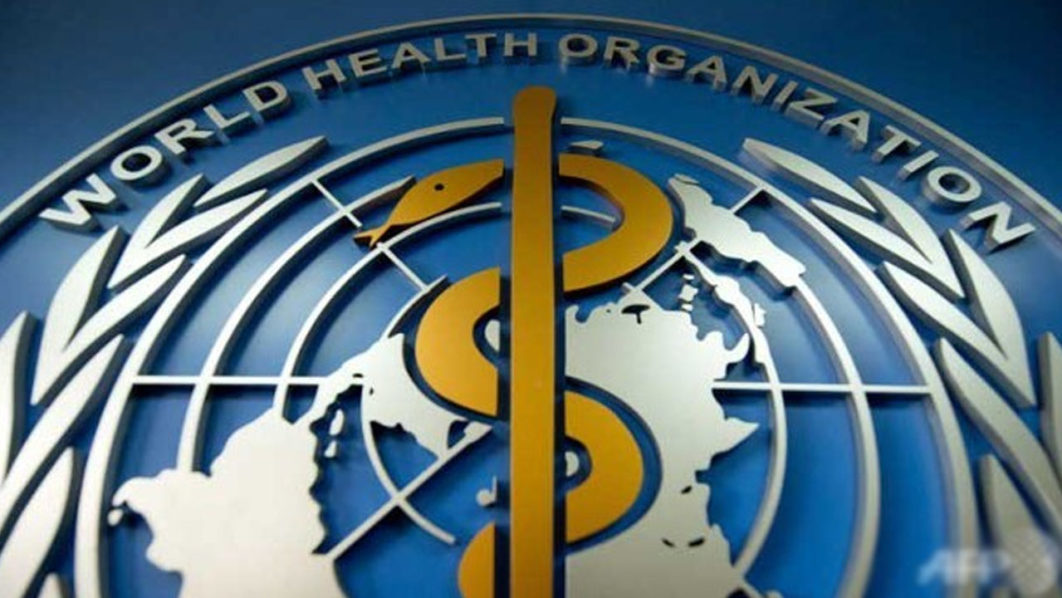
The surveillance will be conducted in the border areas of Niger, Chad and Cameroon, including the Lake Chad region.
While unfolding the new system, yesterday, in Maiduguri, at a four-day joint operations review meeting, WHO’s representative, Dr. Walter Mulombo, disclosed: “In Borno State, the United Nations health agency’s early alert and response system remains the real-time detection of diseases that facilitated our sponsorship.”
He said since the initial emergency operations in August 2016, WHO and its partners had been supporting primary detection, verification and monitoring of outbreaks.
According to him, an effective coordination mechanism is now being sought using the Sustainable Development Goals (SDGs) target for universal health coverage as a collective outcome.
“We are going to put in measures for sustainable health financing and innovation,” he declared, adding that the three accelerators were relevant to the joint operation review meeting on health emergencies in the North East.
The considerations at the meeting, he said, included sustainable financing, noting that there are decreasing trends in funding opportunities.
He noted that this underlined the sustainable nature of the approach being used so far, particularly the protracted crisis in the two regions, urging the participants to start thinking about WHO’s re-financing, as Nigeria is in the process of launching a new National Development Plan.
He added: “It is an opportunity for us to push for health as an enabler, rather than just a consumption domain. It is also important for WHO to change the narrative. The Coronavirus Disease (COVID-19) has provided an opportunity for that, as the whole world has come to its knees.”
The WHO representative noted that “COVID-19 is more than a health crisis, as it is affecting societies and the global economy.
According to him, the pandemic increases poverty, inequality at the global scale, including in the distribution of vaccines.
Responding, Borno State Commissioner for Health, Juliana Bitrus, said that WHO would continue to play a role in the state as one of the lead technical health partners to strengthen the health system in the North East.



